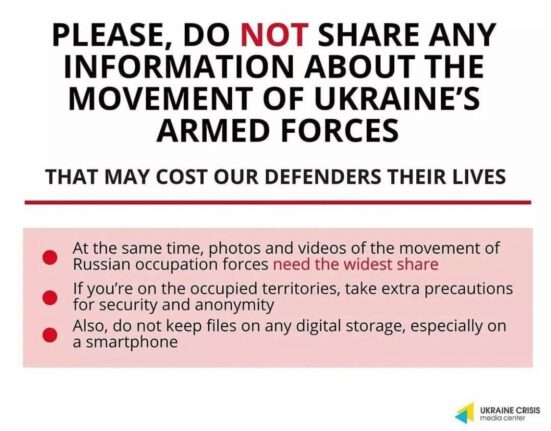The recent revelation in Sweden about a government minister having a family member allegedly involved in extreme right and white supremacist movements has sparked widespread debate and raised ethical questions. The story, broken by the anti-racist magazine Expo, has put a spotlight on the potential security risks and ethical dilemmas associated with such close ties to violent neo-Nazi ideals. The minister’s connection to these groups, especially in a political climate marked by stringent immigration reforms, has raised concerns about potential influences and vulnerabilities.
After days of silence, the minister responded anonymously through the prime minister’s press secretary, citing the young age of their family member as the reason for anonymity. The minister distanced themselves from any political extremism and emphasized taking immediate action upon discovering the situation. While emphasizing that family members are not chosen, the minister’s handling of the situation and cooperation with security authorities were highlighted.
The media’s cautious approach in not naming the minister or the underage family member reflects Sweden’s stringent guidelines on protecting individuals’ privacy, especially those not convicted of any crimes. Despite limited coverage, the story’s significance lies in the broader questions it raises about accountability, family responsibility, and societal expectations.
The comparison drawn between the minister’s situation and potential links to radical Islamism underscores the double standards and varying reactions such revelations might elicit. The government’s past actions regarding immigrant families’ responsibilities in preventing criminal activities further complicate the discussion on family ties and individual accountability.
The minister’s indirect association with white supremacism through a family member has left many questions unanswered, highlighting the need for transparency and accountability in public office. The government’s handling of the situation, including the anonymous response and lack of disclosure to the media, has raised concerns about accountability and transparency.
In other news, Sweden’s recent implementation of in-person ID checks for citizenship applicants signals a shift in immigration procedures, impacting individuals like Mahmut, whose citizenship process has been marred by security concerns. The government’s initiatives to address the country’s low birth rate and improve international talent recruitment while limiting asylum and low-skilled immigration reflect broader policy objectives.
As Sweden commemorates the 25th anniversary of the Öresund bridge, efforts to enhance cross-border cooperation between Denmark and Sweden aim to facilitate living and working opportunities. The government’s stance on issues like a national begging ban and labor rights for work permit holders further showcase the complexities of immigration and integration policies.
Amidst summer holidays, pay raises for government ministers, and legislative changes, Sweden navigates a dynamic socio-political landscape. The evolving discourse on immigration, security, and societal responsibilities underscores the need for nuanced approaches and thoughtful considerations in policymaking and public discourse.









Leave feedback about this